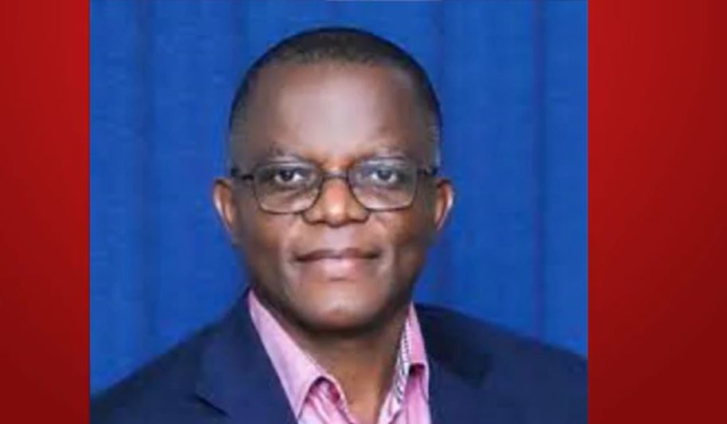The Director of Research and Corporate Affairs at the Public Utilities Regulatory Commission (PURC), Dr. Eric Kofi Obutey, has explained how his outfit was able to reach a consensus with the utility providers on the newly announced tariff adjustment.
The PURC on Monday, August 15 announced tariff increases effective September 1, 2022.
Tariffs for electricity and water are expected to go up by 27.15% and 21.55% respectively.
Speaking in an interview on Joy FM’s Top Story on Monday, Dr. Obutey explained that although the Ghana Water Company Limited (GWCL) and Electricity Company Limited (ECG) requested 334% and 148% respectively, they agreed on these percentages because government will take care of the debts owed by the utility providers.
According to him, since this was agreed on, “it means we had to split up the cost” that the utility providers submitted to PURC.
“So we have taken all of this into consideration. We gave them [utility providers] a five-year tariff loan from 2022 to 2027 but we brought it down to 2025 that is a three-year period. That means that the investment for the two years have been chopped off. 2025, 26 and 27 are not part of this tariff revision,” he said.
According to him, PURC wants to lessen the burden on the ordinary Ghanaian, hence its move to absorb the cost.
In a related development, the Executive Secretary of the Public Utilities Regulatory Commission (PURC), Dr. Ishmael Ackah has asserted that the newly approved electricity tarrif was arrived at after deep consideration of its effect on Small and Medium scale Enterprises (SMEs).
According to him, the Commission considered the role of SMEs in the country’s economic development, in particular, the creation and/or preservation of jobs and livelihoods.
Dr. Ackah said this when he announced an upward adjustment of utility tarrifs at a media briefing in Accra on Monday, August 15.
He announced that Electricity consumers will pay 27.15% more whilst water users have to make do with 21.55% increment. The new tarrifs take effect from September 1, 2022 and will extend to 2025.
The PURC boss noted that “industry including, small and medium scale business owners of Hairdressing and Beauty Parlours/Salons, Barbering Shops, Tailoring and Dress Making Shops, Welding, Mechanics, Cold stores, Chop bars, Vulcanising and Carpentry Workshops among others will now pay lower tariffs than the residential consumer class. This is to address the high electricity cost for industrial customers which has been repeatedly identified in the AGI Business Barometer as the key challenge affecting the competitiveness of Ghanaian industry in the global market place.”
Latest Stories
-
Six houses belonging to herdsmen torched in Gomoa Amenfi over farm dispute
45 minutes -
Int’l. Islamic Youth League, African Youth Devt. Centre supports Muslim community during salah celebrations
2 hours -
Kumasi fire: A/R Minister halts creation of new lorry terminal after fire
2 hours -
Vanuatu Trade Commissioner to Ghana Amb. Prof Hugh Keku Aryee wins ‘Best in AI Innovation’ award
2 hours -
Anlo-Afiadenyigba Youth Council congratulates Wisdom Seade on Keta MCE nomination
2 hours -
Gov’t undertakes initiative to prevent conflicts in Volta Region – James Gunu
2 hours -
Suhum Children’s Hospital in distress; ‘Love Without Walls’ to the rescue
2 hours -
The death of a legend of legends – Teddy Osei of Osibisa
2 hours -
Ja Rule tours National Museum ahead of Nuaso school commissioning
2 hours -
Agotime-Kpetoe market women protest NDC’s failure to appoint female DCE
2 hours -
Anas Aremeyaw Anas’ investigative film, “Invisible Hands” streams on Delta Airlines
2 hours -
Ghana Month series: Exploring the evolution of Ghana’s currency
3 hours -
Howo Max Tractor launches in Ghana
3 hours -
Stakeholders meet in Keta to address illegal fishing practices in Volta region
3 hours -
Mustapha Gbande applauds Mahama’s commitment to completing Agenda 111 hospitals
3 hours

